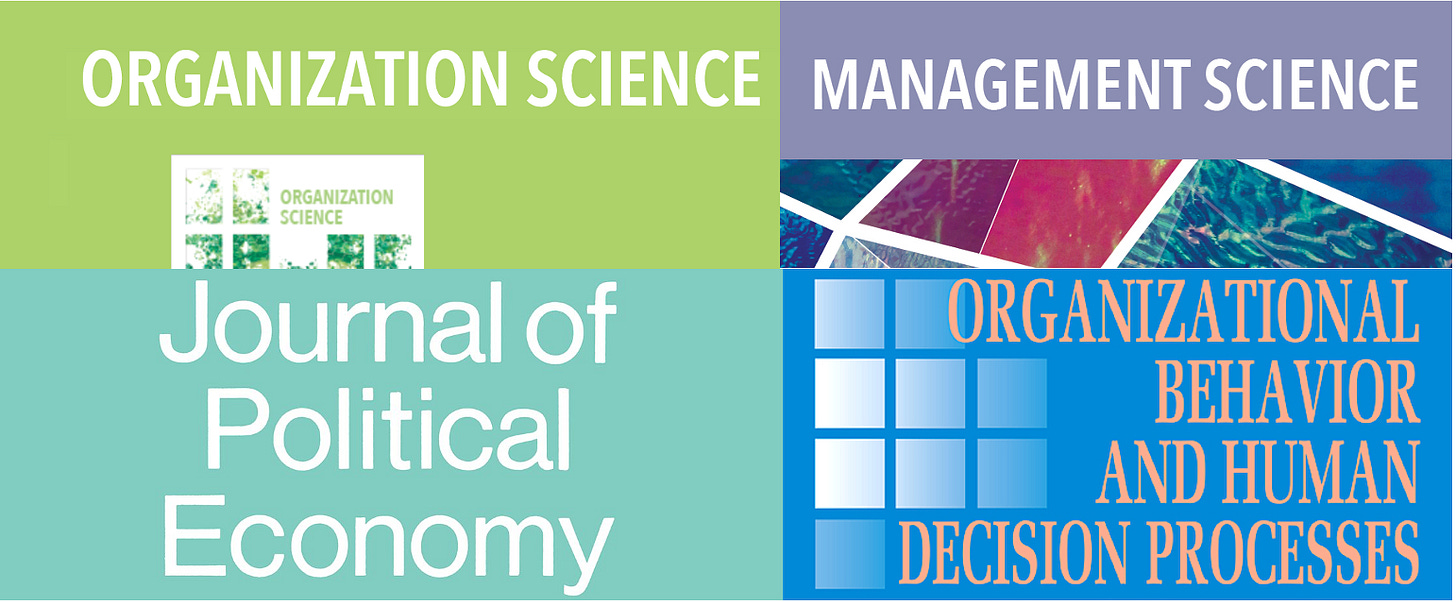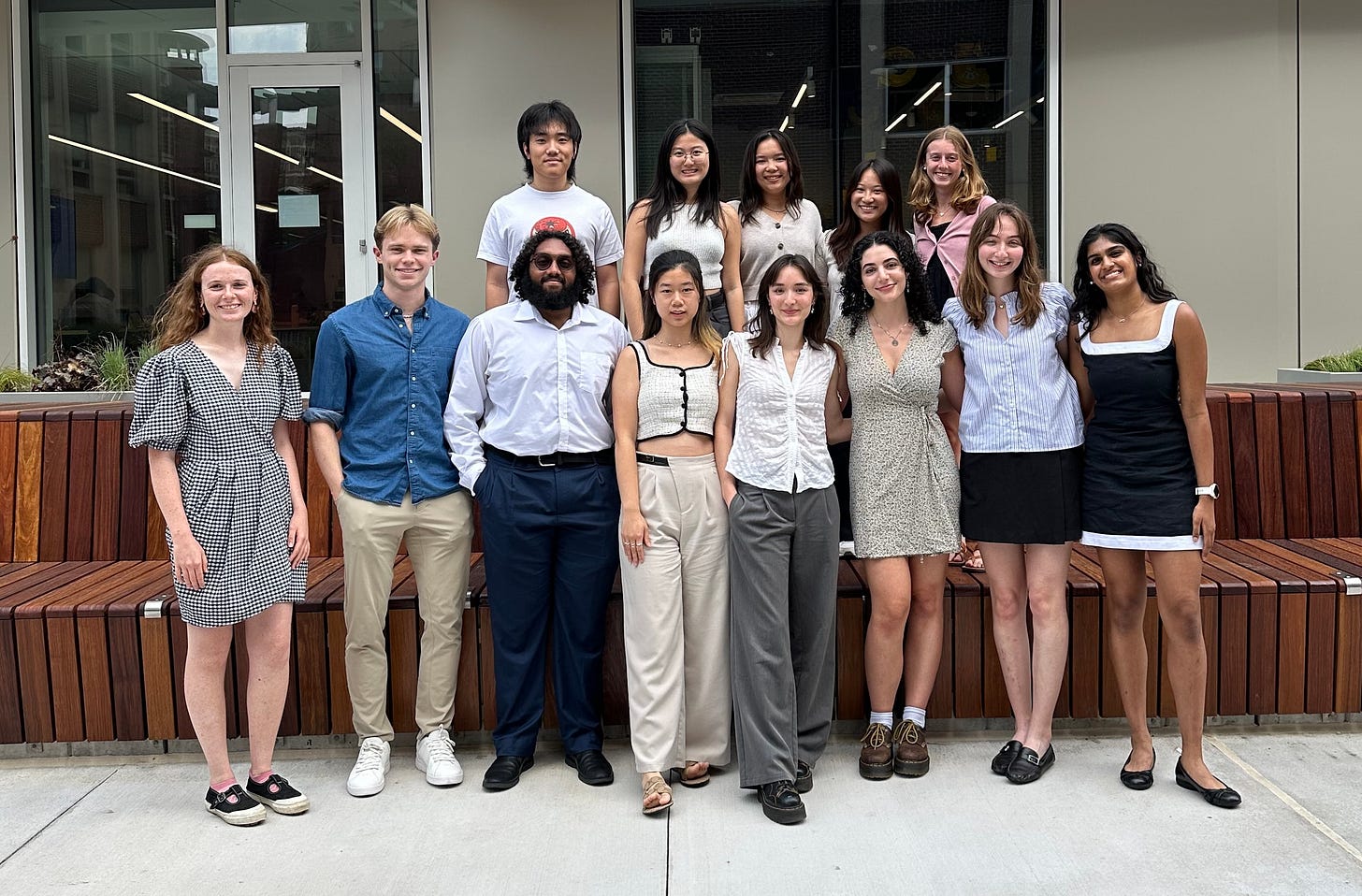Join our 9/19 Keynote Event Kicking off a New Online Behavioral Science Seminar Series
CHIBE Research Seminar Series Keynote Event Featuring Team Scientist Supreet Kaur
BCFG is co-hosting the kickoff keynote of a new Zoom-based Center for Health Incentives & Behavioral Economics (CHIBE) Research Seminar Series on behavioral science and health. Our Co-Director Katy Milkman will host the event where Team Scientist Supreet Kaur will present her research on Thursday, 9/19 at 12pm ET. We hope you’ll register to join (see below for more details).
The abstract for Supeet Kaur’s talk:
Low income individuals often experience recurrent, predictable consumption cycles: spending increases after income arrives, followed by declines in spending and calorie intake in the days leading up to the next paycheck or income receipt. We empirically investigate the role of the “planning fallacy” in such cycles among Zambian farmers, who derive their income from one annual harvest and then spend it down over the course of the year. We document that individuals underestimate upcoming spending by 50%, creating scope for under-saving. To debias beliefs, we randomize an intervention that prompts individuals to think through their future expenses associatively in categories---without providing any external information or guidance. Treated individuals increase “remembered'” expenses by 42%; as predicted by the memory literature, effects are concentrated among small, irregular, and stochastic items. Immediate spending drops and, two months after the intervention, treated households hold 15% higher savings. They subsequently enter the “hungry season”---the final months of the year when consumption typically declines sharply---with one additional month of savings, leading to a flatter spending profile over the year. Households use the increased savings to self-finance additional farm investment, resulting in a 9% increase in the next year's crop revenue. We replicate the intervention's impact on beliefs among low-income Americans, suggesting the applicability of the planning fallacy to savings behavior across settings and populations.
To learn more about this fantastic new online seminar series featuring not only Supreet Kaur (UC Berkeley), but also Gautam Rao (UC Berkeley), Devin Pope (U Chicago) and Manasvini Singh (Carnegie Mellon), visit the CHIBE Research Seminar Series website.
Selected New Journal Articles from BCFG Team Scientists
Social Inferences from Choice Context: Dominated Options Can Engender Distrust, co-authored by Jonathan Bogard, Joseph Reiff, & Hal Hershfield, Organizational Behavior and Human Decision Processes
Bottlenecks for Evidence Adoption, co-authored by Stefano DellaVigna & Elizabeth Linos, Journal of Political Economy
Group Size and Its Impact on Diversity-Related Perceptions and Hiring Decisions in Homogenous Groups, co-authored by Aneesh Rai, Edward Chang, Erika Kirgios and Katherine Milkman, Organization Science
Friends with Health Benefits: A Field Experiment, co-authored by Rachel Gershon, Cynthia Cryder and Katherine Milkman, Management Science
Spotlighted Podcasts
The Science of Inspiring Young Minds, featuring David Yeager, Passion Struck
Choiceology’s Guide to Better Decisions, by Katy Milkman featuring Carey Morewedge, Choiceology
A Matter of Life and Death, by Laurie Santos, The Happiness Lab
The Psychology of Identity and Fostering Social Harmony, featuring Jay Van Bavel, The Psychology Podcast
Team Scientist Eric Johnson Wins APS James McKeen Cattell Award
Congratulations to Eric Johnson on winning the 2025 APS James McKeen Cattell Award for lifetime contributions to the area of applied psychology research and addressing critical problems in society! Johnson is the Norman Eig Professor of Business and Director of the Center for Decision Sciences at Columbia University. He “has been a leader in bringing behavioral science into public policy” through his work on choice architecture.
Thank You to Our Summer ‘24 Research Assistants!
This summer, we welcomed 14 Research Assistants who got hands-on experience implementing large-scale behavioral science interventions. We’re grateful for their contributions to BCFG and their dedication to driving positive behavior change!








